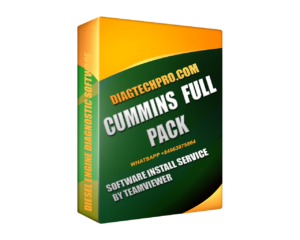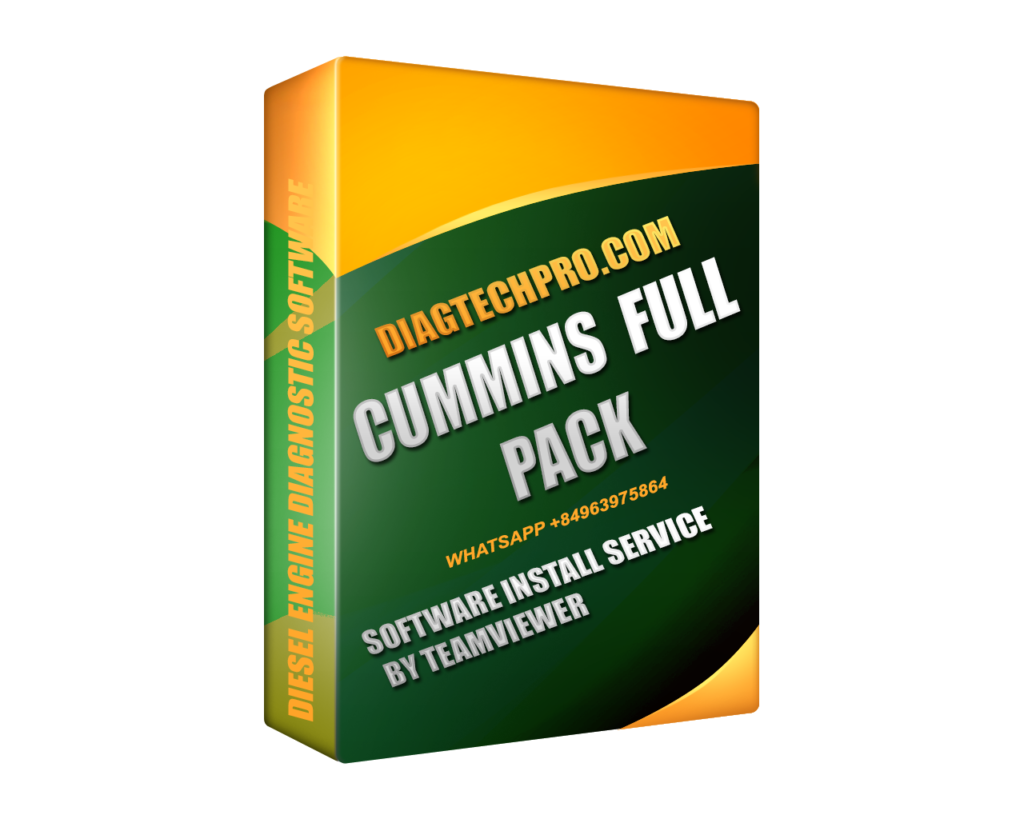n the heavy-duty diesel engine industry, data-driven maintenance is essential for ensuring vehicle reliability, efficiency, and regulatory compliance. One of the key tools that fleet managers, technicians, and service professionals rely on is the Cummins Engine Pack—a digital snapshot of the engine’s operational state and performance history.
This article provides a comprehensive overview of what the Cummins Engine Pack is, what types of events are typically included, and why this data is critical for diagnostics, repair, and long-term engine health monitoring
What Is the Cummins Engine Pack?
The Cummins Engine Pack, often referred to as an ECM download or ECM image, is a complete export of the data stored in a Cummins engine’s Electronic Control Module (ECM). It contains key engine data such as fault histories, configuration parameters, operating conditions, and system events. This data is retrieved using Cummins diagnostic software tools, most notably Cummins INSITE, and is typically used for:
-
Troubleshooting intermittent or persistent engine issues
-
Verifying warranty conditions
-
Tracking engine performance
-
Ensuring compliance with emissions regulations
The Engine Pack is often required by engine manufacturers or authorized service providers when a warranty claim or major repair is being processed.
Why the Engine Pack Is Important
The Cummins Engine Pack plays a crucial role in modern diesel engine maintenance and fleet management. Rather than relying on driver feedback or manual inspections, technicians can use the Pack to gain accurate, timestamped insights into what the engine has experienced over time. This includes detecting patterns of abuse, incorrect configurations, unreported repairs, or emission system tampering.
By reviewing the events stored in the ECM, fleet owners and service shops can:
-
Predict component failures before they become critical
-
Minimize downtime through preventive maintenance
-
Provide documented evidence for warranty disputes
-

CUMMINS FULL Pack Optimize fuel efficiency and reduce operational costs
What Types of Events Are Typically Included?
The contents of a Cummins Engine Pack may vary slightly depending on the engine model, ECM version, and how long the engine has been in operation. However, most Engine Packs contain the following key types of events and data:
1. Fault Codes (DTCs – Diagnostic Trouble Codes)
These are perhaps the most important and commonly referenced records in any ECM download. Fault codes provide direct insight into which system or component may be malfunctioning or operating out of range.
-
Active Fault Codes: Currently detected issues that may still be affecting engine performance.
-
Inactive Fault Codes: Past issues that have since cleared but remain in memory for historical analysis.
-
SPN/FMI Codes: These codes follow SAE J1939 standards and provide detailed information about the fault source and nature.
Each fault includes metadata such as the number of occurrences, timestamps, engine hours, and vehicle miles when the event occurred.
2. Engine Protection Shutdown Events
To prevent catastrophic damage, Cummins engines are designed to shut down automatically under certain dangerous conditions. These shutdown events are logged in the Engine Pack, including:
-
Low oil pressure shutdowns
-
High coolant temperature shutdowns
-
Coolant level loss
-
Engine overspeed or severe derate
These logs help technicians determine whether an engine was shut down due to operator negligence, system failure, or sensor malfunction.
3. Derate Events
Derating refers to the intentional reduction in engine power by the ECM to protect vital components or comply with emissions regulations. Common causes of derate events include:
-
Aftertreatment system failures
-
Excessive soot load in the Diesel Particulate Filter (DPF)
-
Selective Catalytic Reduction (SCR) system malfunction
-
Malfunctioning EGR (Exhaust Gas Recirculation) components
Each derate event includes details such as time, duration, and engine operating conditions at the time of occurrence.
4. Aftertreatment System Events
Modern Cummins engines equipped with aftertreatment systems generate a wide variety of events related to emissions control. These include:
-
Automatic and manual DPF regenerations
-
Stationary regeneration attempts and outcomes
-
DEF (Diesel Exhaust Fluid) dosing status
-
Ash load levels in the DPF
-
Tampering or forced reset attempts
These events are essential for verifying compliance with emissions laws and diagnosing problems related to system efficiency.
5. Calibration History and Configuration Changes
Every time the ECM is updated or reprogrammed, a record is stored in the Engine Pack. This includes:
-
ECM software version updates
-
Parameter changes (e.g., idle speed, torque limit, fuel economy modes)
-
Calibration date and time
-
Technician ID and service tool used
This information is helpful for ensuring that no unauthorized changes were made to the ECM.
6. Trip Data and Performance Metrics
The Cummins Engine Pack also stores valuable operational statistics that give insight into how the engine has been used. Common metrics include:
-
Engine hours and miles
-
Average fuel economy
-
Idle time percentage
-
Maximum and average load
-
Engine speed distribution
Fleet managers use this data to analyze driver habits, optimize routing, and improve fuel efficiency.
7. Maintenance Events and Reset Logs
Technicians can reset maintenance counters when changing oil, replacing filters, or performing inspections. These reset events are stored in the ECM and appear in the Engine Pack. Examples include:
-
Engine oil life reset
-
Fuel filter replacement resets
-
Coolant filter service events
-
Maintenance reminders disabled or ignored
This history helps verify whether the recommended maintenance schedule has been followed.
8. Engine Start and Stop History
The number of engine starts, key-on events, and shutdowns can also be included. These details offer insight into:
-
Driver behavior
-
Unauthorized vehicle usage
-
Excessive key-on without engine start (potential theft or diagnostics)
9. Environmental and Ambient Conditions
In some engine models, the Engine Pack can log the surrounding environmental conditions at the time of critical events. These may include:
-
Ambient air temperature
-
Atmospheric pressure
-
Altitude readings
This information helps explain performance anomalies or emissions-related issues under specific operating environments.
Tools Used to Access the Cummins Engine Pack
Accessing the Engine Pack requires professional diagnostic tools. The most commonly used applications include:
-
Cummins INSITE: The primary software used for reading and interpreting engine data, performing calibrations, and exporting the Engine Pack.
-
Calterm: A more advanced tool used for engineering-level parameter adjustments and deep diagnostics (usually restricted to authorized personnel).
-
QuickServe Online: An online resource that assists with interpreting codes, looking up service procedures, and verifying parts compatibility.
Conclusion
The Cummins Engine Pack is a vital tool for understanding how a diesel engine has been operating over time. It captures a wide array of fault codes, performance metrics, maintenance records, and system events that, when interpreted correctly, provide invaluable insights for diagnostics, fleet management, and warranty protection.
By knowing what events are typically included in the Engine Pack, service professionals and fleet operators can take a proactive approach to engine maintenance, avoid unexpected downtime, and extend the life of their Cummins-powered equipment.
If you are managing a fleet or servicing Cummins engines regularly, ensuring consistent access to Engine Pack data should be a top priority in your preventive maintenance and diagnostics process.

